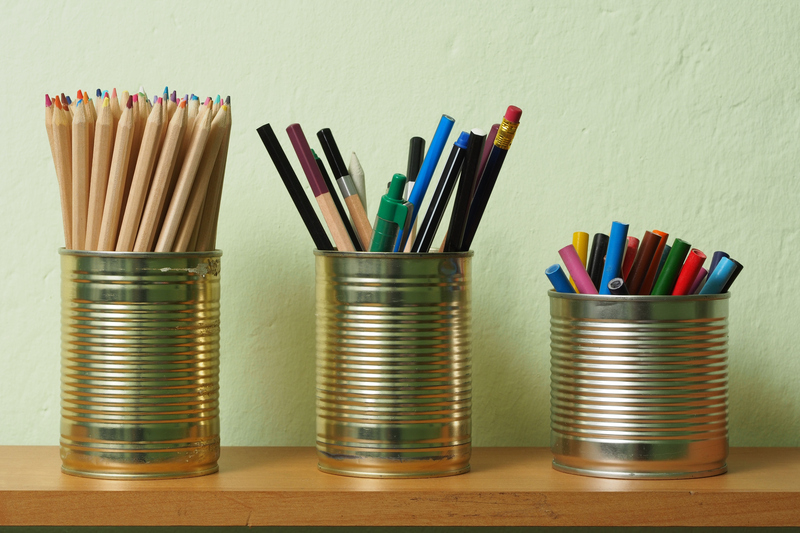Exploring the Basics of Glass Recycling
Understanding the intricacies of glass recycling is essential in today's environmentally-conscious society. This process plays a pivotal role in waste management, resource conservation, and the reduction of emissions. In this article, we will delve into the foundational aspects of glass recycling, explore its benefits, and discuss how individuals and communities can contribute.
What is Glass Recycling?
Glass recycling refers to the process of converting waste glass into usable products. Unlike many other recyclables, glass can be recycled indefinitely without losing quality or purity. This characteristic makes it an indispensable part of sustainable practices globally.
Why is Glass Recycling Important?
There are several reasons why glass recycling is critical:
- Environmental Benefits: Recycling glass reduces the need for raw materials, decreases landfill space, and lessens carbon emissions.
- Energy Conservation: It takes significantly less energy to recycle glass than to manufacture new glass from raw materials.
- Economic Impact: Recycling helps create jobs in the recycling and manufacturing industries.

The Glass Recycling Process
To explore the basics of the glass recycling process, we must understand the steps involved:
Collection and Transportation
Glass bottles and jars are collected through curbside recycling programs, drop-off locations, and buyback centers. This step is crucial to ensure that used glass is recovered instead of being sent to landfills.
Sorting and Cleaning
Once collected, the glass needs to be sorted by color because different glass colors have different uses and market values. Commonly, glass is segregated into clear, green, and brown categories. After sorting, the glass is thoroughly cleaned to remove impurities such as labels and food residue.
Crushing and Melting
Clean and sorted glass is then crushed into small pieces called cullet. These cullets are melted down in a furnace. Using cullet instead of raw materials requires less energy, making this stage environmentally beneficial.
Molding and New Product Creation
Once melted, the glass is molded into new products, including new bottles, jars, and even fiberglass and construction materials. Thus, the lifecycle of glass is completed and begins anew with recycling.
Challenges in Glass Recycling
Despite its significance, glass recycling faces numerous challenges:
- Contamination Issues: Mixed materials can contaminate glass, making it unsuitable for recycling.
- Cost and Logistics: Transporting heavy glass can be expensive and requires careful planning.
- Market Demand: The demand for recycled glass can influence the profitability and viability of recycling efforts.
Tips for Effective Glass Recycling
As individuals and communities strive to make glass recycling more efficient, consider these tips:
- Always clean glass bottles and jars before recycling.
- Remove lids and metal rings, as these materials cannot be recycled with glass.
- Participate in local recycling programs to support community efforts.
By adhering to these practices, the public can contribute positively to the glass recycling cycle.

The Future of Glass Recycling
Looking ahead, the future of glass recycling appears promising, with innovations and technologies aiming to improve efficiency. Efforts to enhance sorting processes with advanced AI and robotics are underway, potentially decreasing contamination rates and increasing recycling output.
Moreover, public awareness and education play a crucial role in promoting recycling habits. Encouraging communities to participate actively can lead to more sustainable practices and a significant reduction in environmental impact.
Conclusion
As we've explored the basics of glass recycling, it's evident that this process is a critical component of environmental sustainability. While challenges exist, the benefits of conserving energy, reducing waste, and creating jobs underscore the value of recycling glass. Through informed efforts and technological innovations, the process of glass recycling is poised to advance, paving the way for a greener, more sustainable future.
In conclusion, everyone--from individuals to large industries--has a part to play in supporting glass recycling. Simple actions, such as participating in local recycling programs and ensuring that glass waste is disposed of correctly, can contribute to the health of our planet.